Fabric softeners are one of the several laundry buddies that we all use in our weekly household job - laundry. That much is certain. A fabric softener’s job, as the name implies, is to soften the harshness of the wash cycle in your favourite clothing items. It also provides freshness and suppleness to your garments, and some kinds can even offer colour protection to keep the fabric's colour.
Euca is an eco-friendly company that offers a wide selection of laundry and cleaning solutions made from natural components obtained locally in Australia. Let us go over some fabric softener facts that you should be aware of, as well as debunk some myths about our trustworthy laundry necessity.
FACTS
- Anti-static. The slippery feel to your clothes upon pouring on the softener during the rinsing phase serves a purpose. Fabrics have a negative charge, while fabric softener has a positive charge. The opposition in charge makes the surface change to neutral, and this ensures that your clothes will not stick to your hands or each other.
- Provides a soft feel and touch. This is the primary purpose of the fabric softener. The clothes achieve a soft feeling by applying the fabric softener during the rinse process.
- Easier ironing for clothes. The extra lubrication that the fabric softener provides to clothes makes ironing them as easy as it should be. Integrated with Euca’s Linen Spray and Ironing Aid, leaving your clothes creaseless and fresh.
- Reduced drying time. Fabric softeners also aid in assisting your clothes to dry quicker as it denies excess water absorption. Do not stress about your clothes not being thoroughly cleaned as you should only add fabric softeners during the rinse cycle.
- Bye-bye skin irritation. Fabric softeners and brighteners are mildly acidic, and with that, it helps to neutralise the pH level among fabrics to reduce the risks of your skin becoming irritated. This can be attributed to alkaline residues or even some agents from other laundry products used such as the detergent.
Euca’s Soft Wash is an excellent addition to your laundry routine for protecting your woollens, delicates, towels, and doonas. This product can be used as a supplementary washing aid, and the natural soap formula makes it ideal for handwashing and soaking. It is also a low allergenic blend, making it suitable for everyone in the house, particularly those with allergies - a product that is necessary on laundry day.
Let us now investigate some of the mysteries and even conspiracies, surrounding fabric softeners:
- Can fabric softeners make your clothes waterproof?
This is true, but only when the amount of fabric softener used exceeds the suggested level. However, it can cause a buildup of softener on your clothes, which can be difficult to treat in the long run. If this occurs, simply rinse the garments without the softener to treat and remove the accumulation on your clothes.
- Can fabric softeners turn your white clothes yellowish?
This is a frequent issue with most fabric softeners from previous generations. Some of the agents are suspected of changing the colour of your garments, particularly white ones. As the clothing continues to soak in the compound, the yellowish tinge becomes increasingly visible, resulting in the colour fading.
However, more recent fabric softener and brightener formulas have thankfully adapted to this worry, and we now see fabric softeners that claim to protect the natural colours of the clothes being treated, including white ones.
- Can fabric softeners cause gunk and gum buildup in your washing machine?
This could be one of the most commonly asked questions about fabric softeners. Its effectiveness on cloth, on the other hand, could be a burden to the machine. Although overuse could be a factor, gunks and fillers in some of these products can potentially cause clogs.
It’s essentially the washing powder fillers reacting with the raw chemicals in supermarket fabric softeners. Many fabric softener brands are petroleum-based and include animal fat, which can clog your washing machine (especially if it’s a front-loader) and pipes. Fabric softeners can potentially promote mould growth in your machine as well.
Euca does not employ fillers in our products. We also formulate our own Fabo Concentrated Fabric Softener and Conditioner to work in tandem with our laundry solutions, so you never have to worry about mould, gum or sludge build-up ever again.
So, yes, you can use a fabric softener to make your clothes feel great and many other great benefits - all thanks to Euca’s Fabo Concentrated Fabric Softener and Conditioner!
If you’re looking for quality fabric cleaners that look after the health of your clothes and washing machine, look no further, because Euca has the answer! Find out more at and search our diverse range of eco-friendly laundry products at www.eucaonline.com.au.



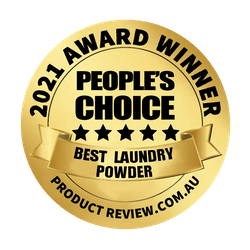










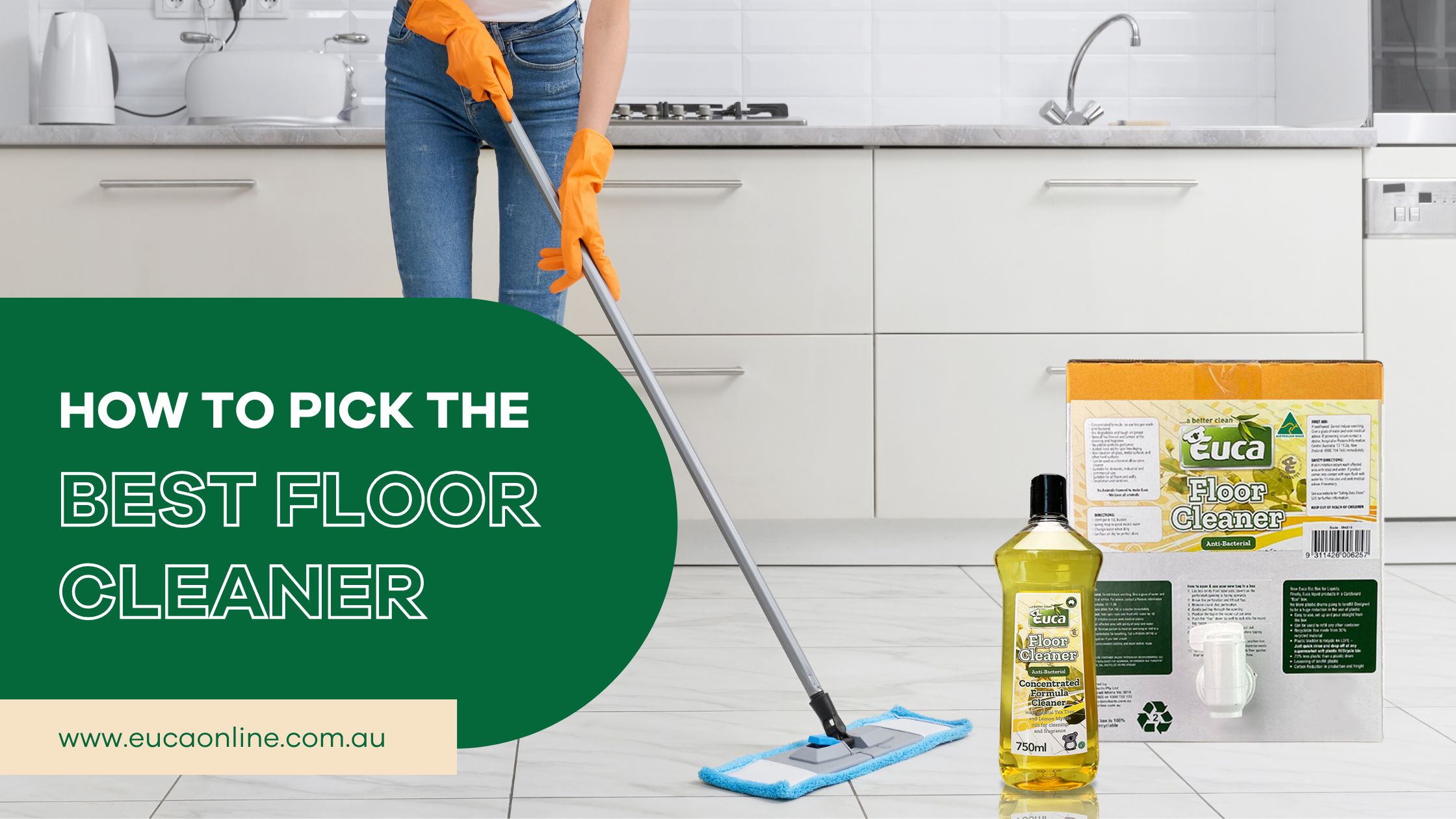
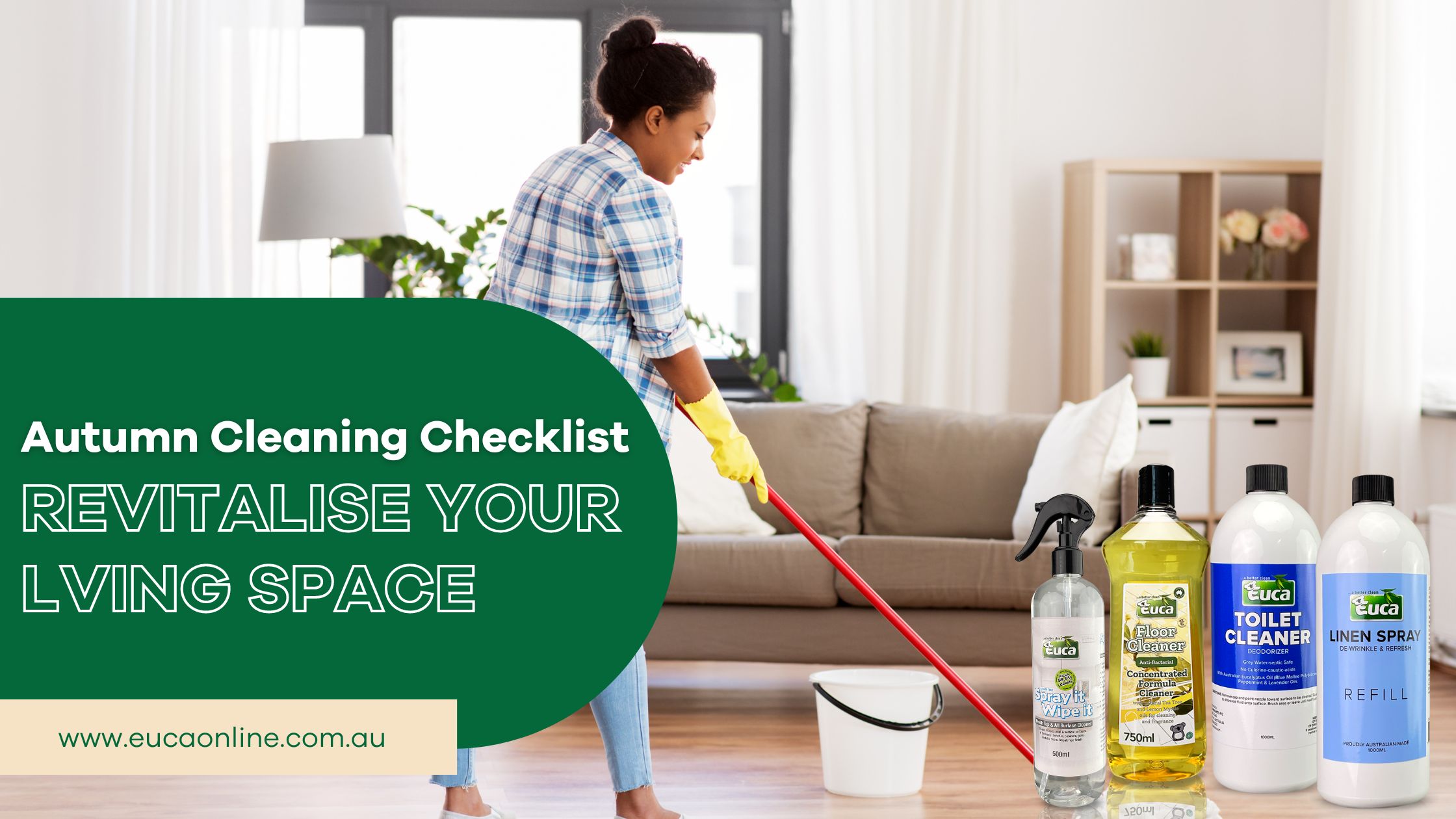

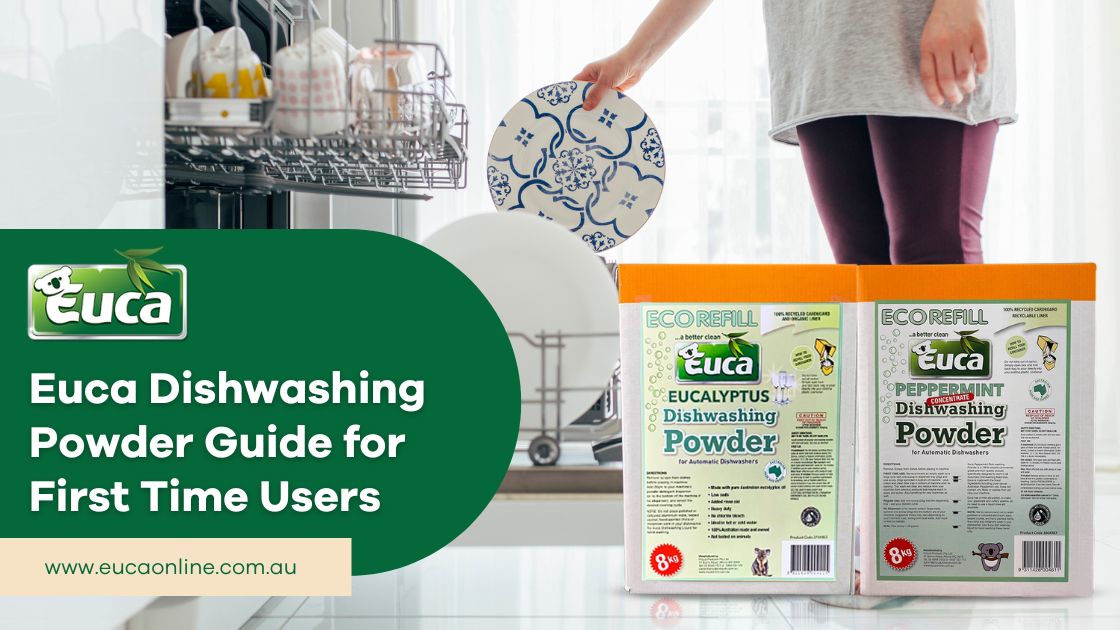
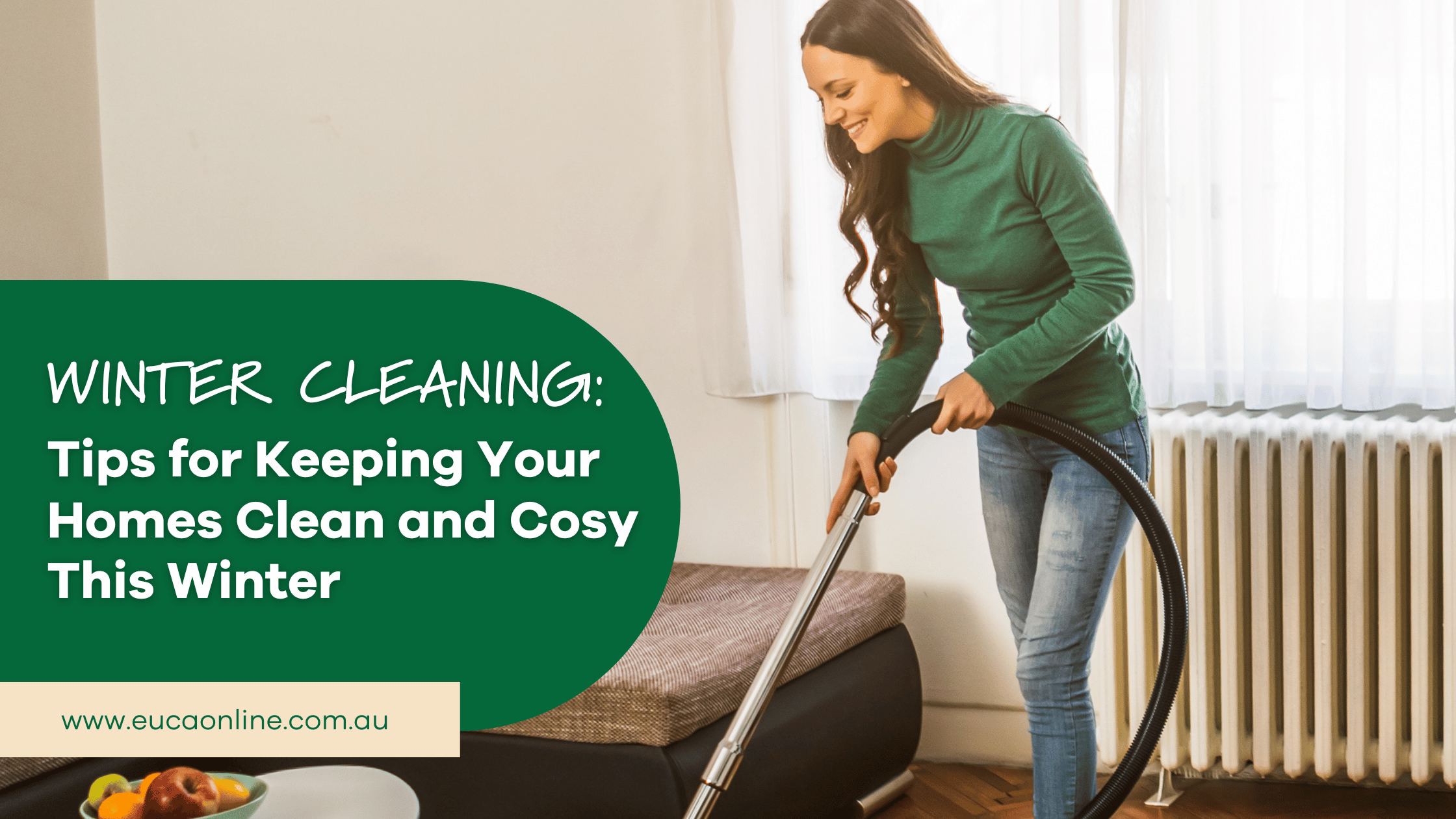















Write a comment